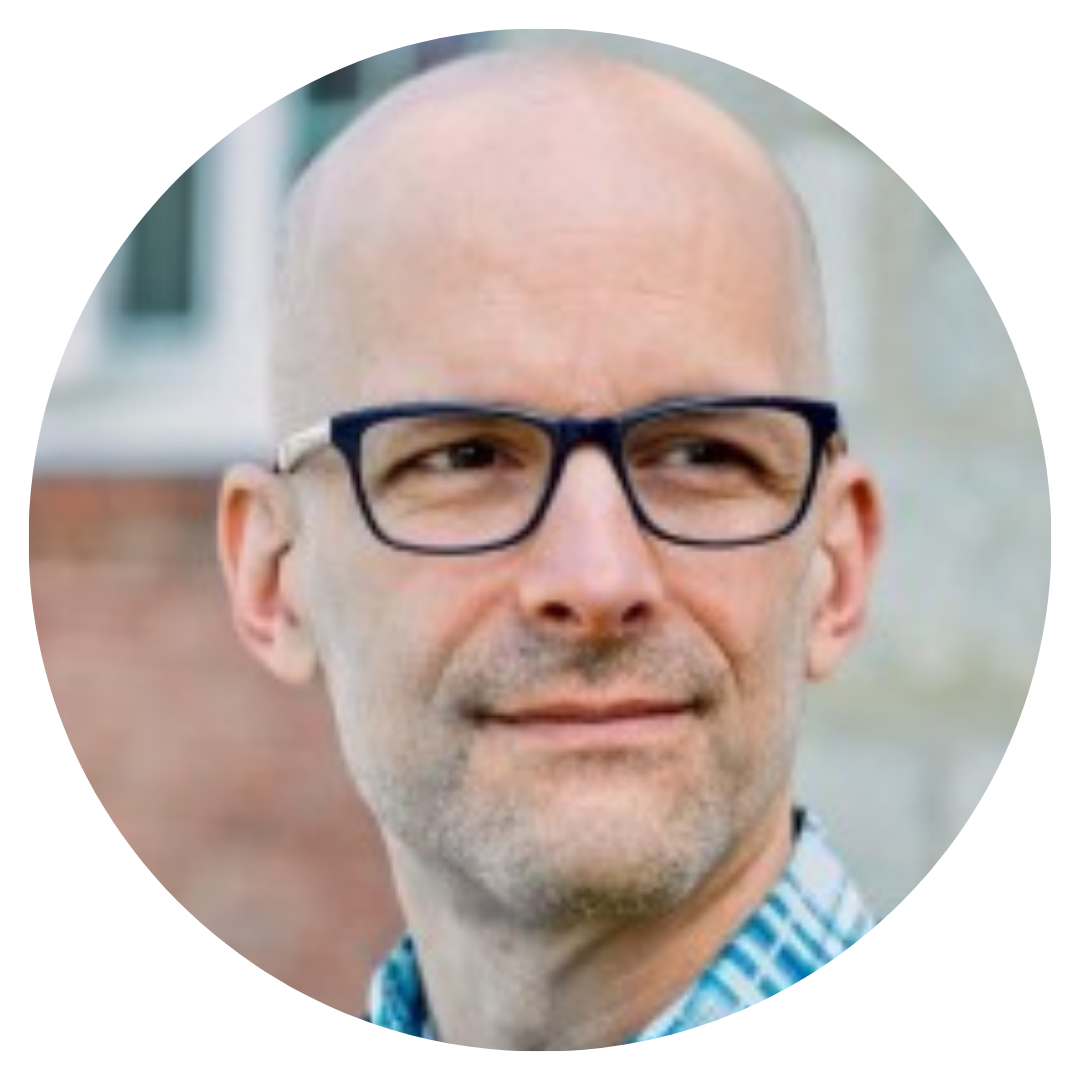Family Made Strange: The Impact of Social Media on Family Dynamics, as a Classe Popular Family from Recife, Brazil Contemplates the 2018 Presidential Elections
Benjamin Junge, State University of New York at New Paltz

Monday, April 18, 2022 | 02:30 pm
Virtual
About:
In this talk, Benjamin Junge will present an ethnographic account of an extended family from Recife during the final month of Brazil’s 2018 election season—the most contentious and polarizing election in a generation, in which hard-right congressman and former military captain Jair Bolsonaro triumphed to assume the presidency. The family exemplifies the sector once referred to as Brazil’s “new middle class”—the estimated 35 million who rose above the poverty line during 14 years of rule by the left-leaning Workers Party (PT), but whose prospects have since become precarious under conditions of economic and political crisis. Drawing from extended ethnographic fieldwork, I focus on the family’s interactions—both in-person and through online social media—between the first-round election (October 7), in which voters chose from over a dozen candidates, and the second-round election (October 28), which pitted Bolsonaro against PT candidate Fernando Haddad. Emerging within the family’s interactions are narratives of moral disintegration, nostalgia for Brazil’s 1964-1985 military dictatorship, lost masculinities, menacing sexualities, and various articulations of hope and despair for the future. I argue the crucial role of online social media (chiefly, Facebook and WhatsApp) in cultivating among family member conflicting feelings of unity and solidarity, on the one hand, and disenchantment and alienation on the other. This analysis contributes to a more nuanced account of the political affinities of Brazil’s “previously ascendant” sector during a moment of deepening economic precarity and political cynicism.
Benjamin Junge is Professor of Anthropology at the State University of New York at New Paltz. His research focuses on class mobility, political attitudes, gender, sexuality, health, and religion, with regional focus on Brazil and other settings in Latin America. His recent publications include Precarious Democracy: Ethnographies of Hope, Despair and Resistance in Brazil (2021) and Cynical Citizenship: Gender, Regionalism and Political Subjectivity in Porto Alegre, Brazil (2018). He recently co-directed a three-year investigation, funded by the National Science Foundation, of political subjectivities among the demographic sector once known as Brazil’s “new middle class,” focusing on perceptions of the 2013-18 crisis, cultural memory of authoritarian pasts, and the rise of popular conservativism.
Notes:
This event is free and open to the public.
